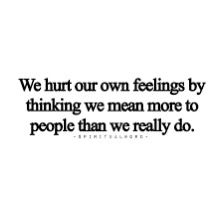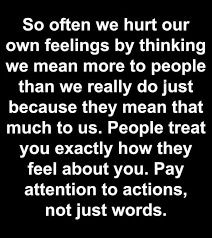
It’s true.
- It's me.
- Aug 16, 2025
- 2 min read
Some wounds are of our own making.
We often assume others will think, feel, and act as we do—respecting and treating us with the same care we extend to them. When they fall short of those expectations, the hurt we feel is not truly theirs to bear—it is ours, born from the belief that they would be like us.
You can explain your perspective and pain as clearly as you can, but if someone does not share your values or capacity for empathy, they will never truly understand you.
I’ve realized that in every disagreement I’ve had, I often end up apologizing—not necessarily for being wrong, but for engaging in the argument at all.
I’ve never enjoyed arguing. I strive for respectful, meaningful dialogue, but when the other person interrupts or refuses to truly listen, frustration builds—and my tone inevitably shifts toward defensiveness.
Growing up as the middle child, I was often the referee between my sisters. When friends disagreed, I stepped in to mediate. If I ever found myself in the center of conflict, I backed down quickly—not out of concession, but out of a deep desire to avoid tension.
In my marriage, I can recall only two real arguments in all those years. When conflict arose, I made peace. But that peace often came at the cost of swallowing my feelings, burying them for the sake of harmony. Over time, the silence hurt more than the conflict would have.
Even now, I still catch myself doing it. The difference is that I’ve learned to let go more gently. I cry it out, soak in a warm bath to wash it away, or take a brisk walk to clear my mind. Yes, it leaves a mark—but those scars remind me that I chose integrity over pettiness, that I took the higher road, even when it cost me and that for me is louder than any silence.



Comments